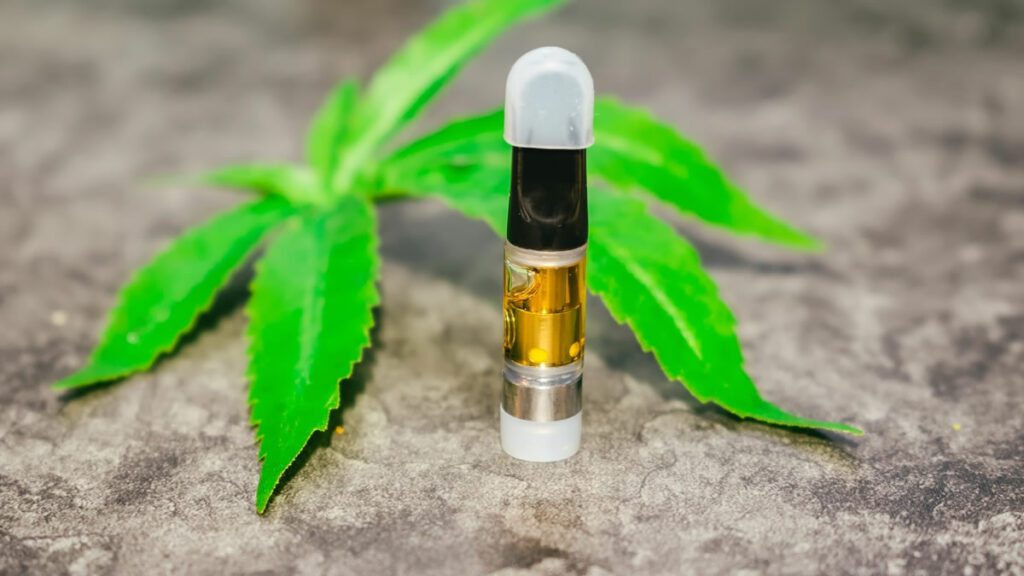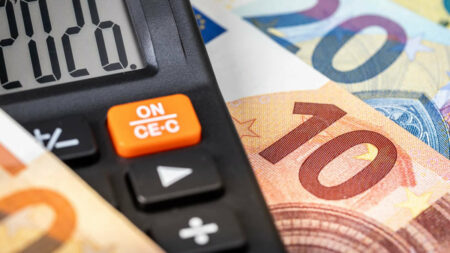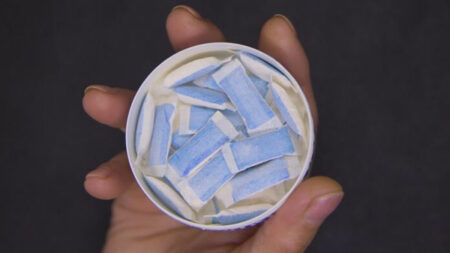French Health Minister François Braun announced on Monday, May 15, that products containing hexahydrocannabinol (HHC), a molecule derived from cannabis but currently sold freely, will likely be banned within a few weeks. Speaking on Franceinfo, Braun stated, "I think it's a matter of weeks," when asked about a potential prohibition of HHC.
HHC is a molecule artificially synthesized from natural cannabis extracts, a process known as semi-synthesis. Although scientists have long known about the molecule, health authorities in various countries, including Europe and the United States, have recently observed its increasing commercialization on the internet and in physical stores.
Effects Compared to THC, but Lacks Legal Classification
While the effects of HHC are not well understood, addiction specialists tend to consider them comparable to those of tetrahydrocannabinol (THC), the main psychoactive substance in cannabis. However, unlike THC, products containing HHC are not currently prohibited for sale or consumption.
Braun explained that these products "take advantage of a loophole in classification," as they are not classified as narcotic substances. He added, "I think very honestly that they will be quickly classified as such now."
Minister Calls for Swift Action to Close Regulatory Gap
The minister emphasized the need to quickly close the regulatory gap, stating, "There is a hole in the racket that needs to be filled quickly to no longer have this free sale, which is completely abnormal." Braun referred to an upcoming opinion from the French National Agency for Medicines and Health Products Safety (ANSM) for the final decision on the ban.
As the French government moves to prohibit HHC products, the decision reflects a growing concern over the potential health risks associated with synthetic cannabinoids and the need to regulate their sale and consumption.

Vape Industry Content Creator | Product Reviewer | Harm Reduction Advocate
Daniel Brooks is a vape industry content creator with a strong focus on product reviews, device performance, and consumer education. With extensive hands-on experience using disposable vapes, pod systems, and e-liquids, Daniel provides practical, unbiased insights for adult consumers.








